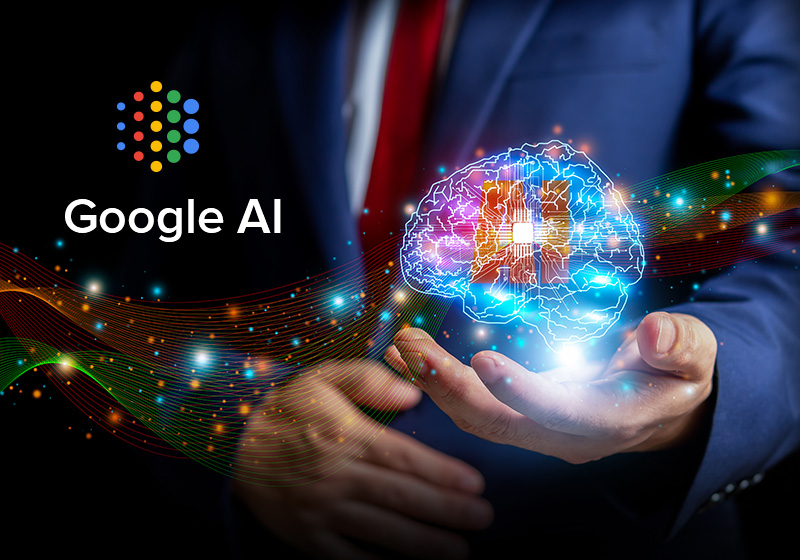Honeywell Leverages Google AI to Tackle the Industrial Skills Gap
Honeywell, a longstanding industrial powerhouse, is partnering with Google Cloud to combat one of the most pressing challenges facing the industrial sector: a growing skills gap. As a generation of experienced workers retires, the industry is facing a shortage of skilled talent to maintain critical systems that power everything from airplanes to hospitals. In response, Honeywell is using AI technology, specifically Google’s Vertex AI, to help fill the gap and prepare for the future.
Industrial Talent Crisis: The Challenge
The industrial sector forms the backbone of many critical services, including transportation, healthcare, and infrastructure. From the airplanes we fly in to the sensors controlling office air conditioning, industrial companies keep much of the modern world running. However, as many experienced professionals retire, industrial firms face the challenge of maintaining expertise with a shrinking workforce.
The sector is in a race against time, not only to replace retiring workers but to ensure that the accumulated knowledge of years of operation is passed down efficiently. This is where AI can play a pivotal role, acting as a bridge to transfer knowledge between generations and help workers perform their tasks more effectively.
Honeywell’s AI Solution
Honeywell, a leader in industrial technology, is addressing the skills gap by incorporating AI to support workers on factory floors, in warehouses, and across industrial sites. According to Suresh Venkatarayalu, Honeywell’s Chief Technology Officer, the company’s vision is to move “from automation to autonomy,” with AI agents assisting workers in real-time. Through its partnership with Google Cloud, Honeywell is using Vertex AI and Google’s large language models (LLMs) to develop these AI agents.
These AI-powered tools will serve as workplace “coaches,” making complex industrial data easily accessible and actionable. Honeywell has already been collecting data through its Honeywell Forge platform, which draws on product manuals, designs, and real-world performance data from across its global operations. By using Google’s advanced AI capabilities, Honeywell can transform this vast trove of data into practical insights for workers.
These AI agents can troubleshoot equipment, recommend design improvements, and offer preventative maintenance suggestions. For instance, an AI agent might alert a technician with a question like, “Why is the system making this sound?” or offer performance insights like, “How did this unit perform last night?” By automating routine tasks and providing real-time insights, these AI tools help workers make smarter decisions, thus increasing operational efficiency.
AI at the Edge: Gemini Nano
Beyond cloud-based AI, Honeywell is also exploring ways to deploy AI tools at the edge of the network, where many industrial devices operate without reliable internet connectivity. This is particularly important for devices used in remote locations, such as refineries or data centers, where network connections can be sporadic or non-existent.
Honeywell is working with Google’s Gemini Nano, which offers AI services directly on edge devices like scanners and sensors, allowing them to operate autonomously. This capability is especially useful for troubleshooting in real-time and ensuring that operations continue smoothly even when disconnected from central systems. By processing data on-site, Honeywell’s devices can help industries operate more efficiently in challenging environments.
The Future of Industrial AI
Honeywell’s collaboration with Google Cloud aims to revolutionize how industrial systems are managed and maintained. The introduction of AI-powered agents and edge devices will not only enhance the efficiency of industrial operations but also bridge the widening skills gap. These innovations will empower a new generation of workers, enabling them to maintain and improve the industrial infrastructure with the support of AI-driven insights.
Honeywell’s first solutions built on Google Cloud’s AI technology are expected to roll out to customers in 2025. As these tools become widely available, they will likely play a crucial role in shaping the future of the industrial sector, helping businesses stay competitive and ensuring that critical systems continue to function smoothly.
By harnessing the power of AI, Honeywell is positioning itself at the forefront of industrial innovation, demonstrating its commitment to solving the workforce challenges that threaten the industry’s future. With this partnership, the company is ensuring that AI will be an essential tool in maintaining industrial systems for decades to come.










